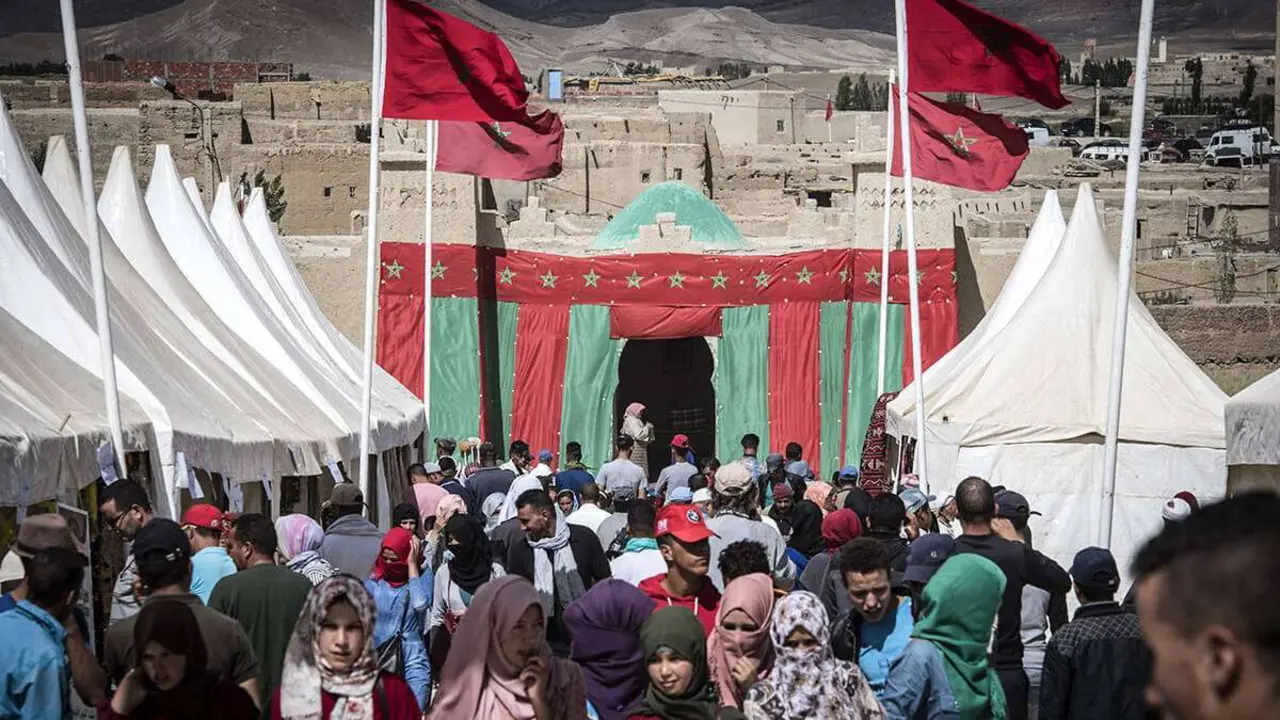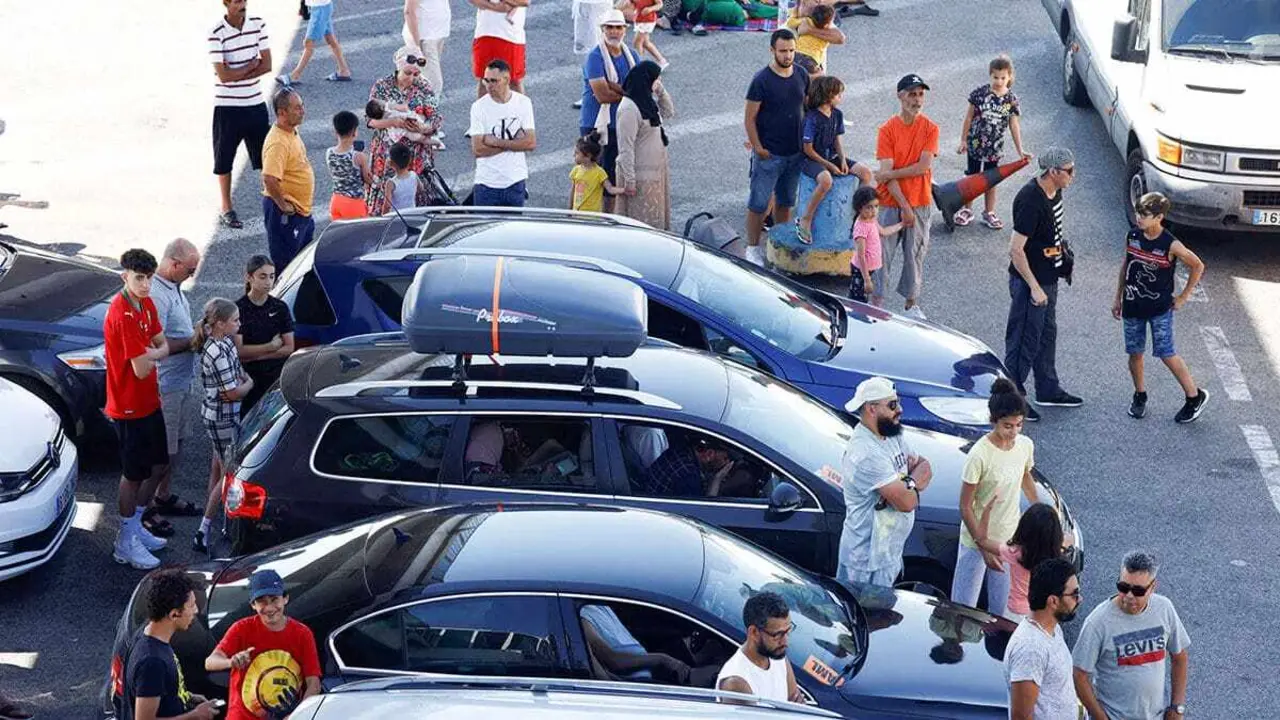Lack of donations exacerbates food situation in East Africa

The UN Refugee Agency (UNHCR) and the World Food Programme (WFP) today warned of the dire situation facing 4.4 million refugees in East Africa due to a lack of donations, which has forced them to reduce food rations to minimal levels.
"What we give right now is the basics for a person to survive and to have to reduce what was no longer sufficient is heartbreaking but something we are forced to do," said WFP spokesman in Geneva, Tomson Phiri.
The two agencies asked for $266 million to end cuts in food rations for 72 percent of the refugees they serve in 11 countries in East Africa and the Horn of Africa.This is leading to increased malnutrition, anaemia and stunting of children.
Funding shortfalls have forced WFP to slash its monthly assistance for refugees by up to 60 per cent in Rwanda, 40 per cent in Uganda and Kenya, 30 per cent in South Sudan, 23 per cent in Djibouti and 16 per cent in Ethiopia.
The impact of the funding shortfalls on refugee families is compounded by COVID-19 lockdowns and measures to contain the pandemic’s spread, which had already reduced the availability of food in markets in refugee camps and wrecked many refugees’ hopes of helping to support their families through casual labour and small businesses.

“The pandemic has been devastating for everyone, but for refugees even more so.” said Clementine Nkweta-Salami, UNHCR’s Regional Bureau Director for the East, Horn of Africa and the Great Lakes.
"Food ration or cash cuts are resulting in negative coping strategies to meet their basic food needs – such as skipping or reducing meals, taking loans with high interest, selling assets, child labour, and increased domestic violence. There is often a desperation and a feeling of no alternative,” she said.
These people have been suffering food ration cuts since April 2020, and if the situation continues they will be forced to decide between staying in the camps where there is no food or returning to their insecure places of origin.








